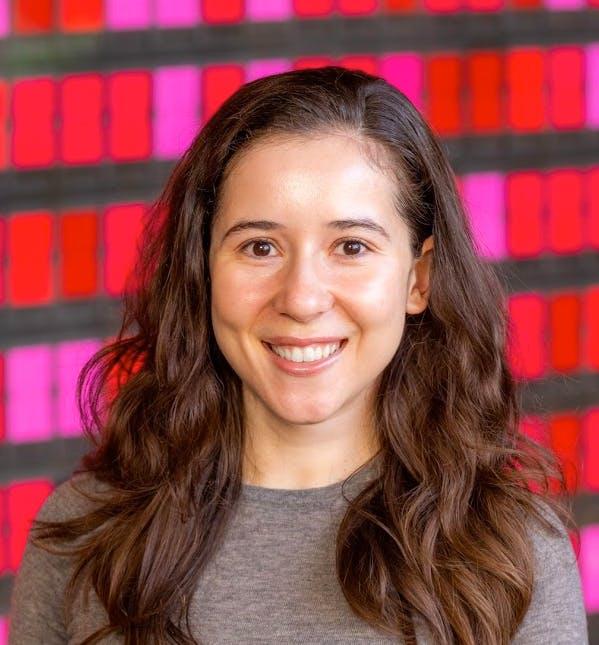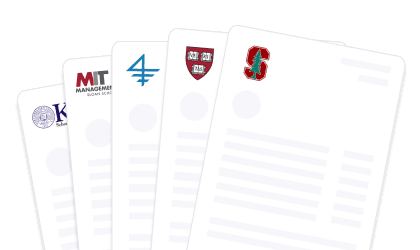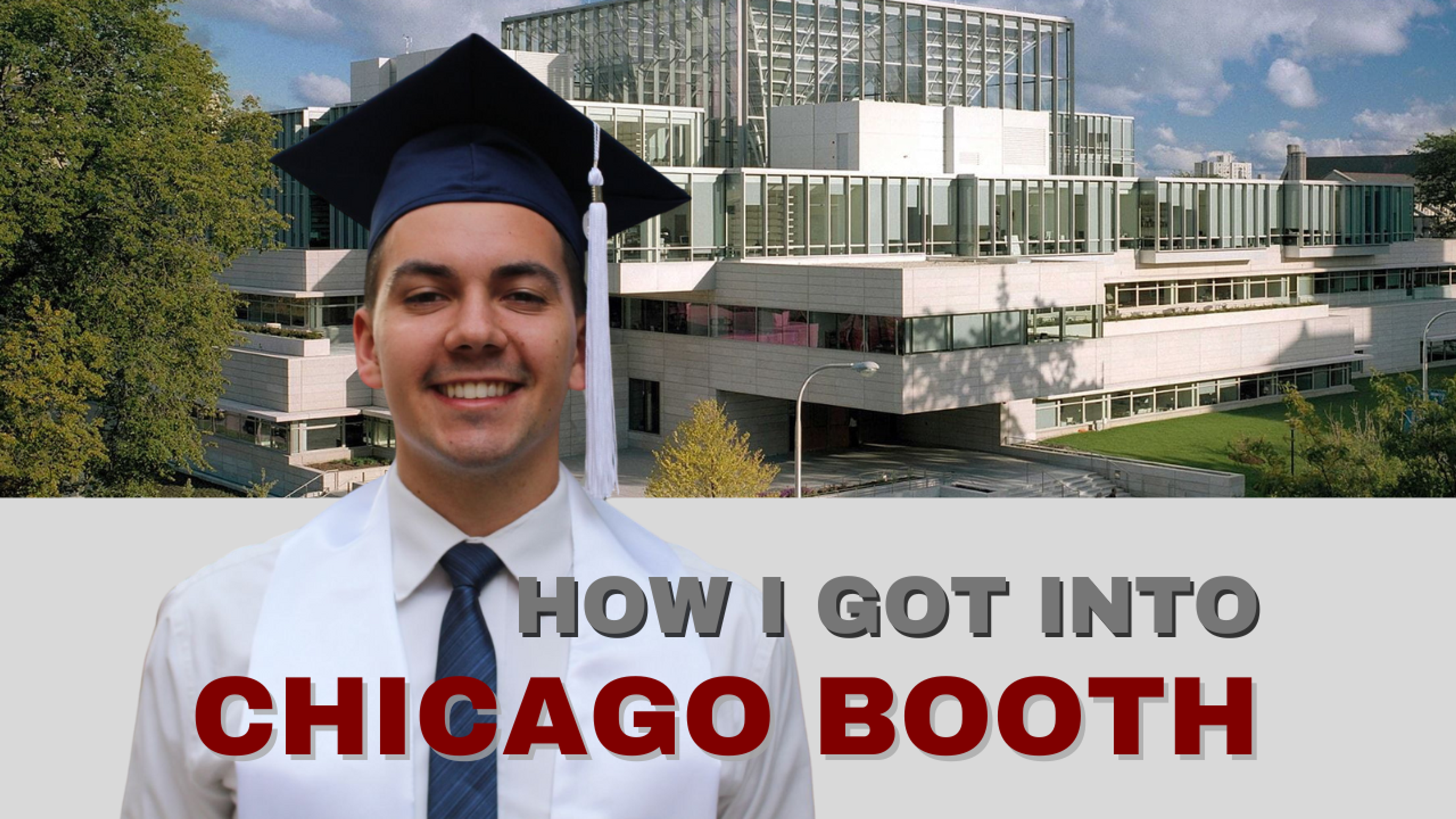
Join a free event
Learn from top coaches and industry experts in live, interactive sessions you can join for free.
After many years as a software engineer, I realized that I wanted to change course in my career. I enrolled at Stanford’s MBA program to take my first step toward a different path. I often get asked about this pivot, so I’ve shared here my perspective on the decision and some tips for approaching the application as a nontraditional applicant.
These are some ways business school was helpful for me, and might be beneficial for other engineers or nontraditional candidates who are considering it.
Benefits of Business School
1. Develop your skillset.
I always loved being a student, and I was excited to be back in the classroom. There were many subjects I had no prior exposure to and the formal education environment was a fast way for me to absorb a lot. The business school classroom was also far more interactive than others, which pushed me in new ways. Of course, learning will always be a lifelong pursuit, but the MBA helped me develop a strong foundation.
2. Test out pivot ideas.
Business school is a great way to get exposure to many industries and roles. Through classes, internships, and extracurriculars, I learned a lot about myself and the type of work I wanted to be doing. I ended up with confidence in where I am now because I had the opportunity to test many hypotheses.
3. Broaden your network.
After many years in engineering, my network was mostly people with similar backgrounds to me working at similar companies. Business school gave me the opportunity to meet and learn from a diverse group.
At the end of the day, there are many factors that go into the decision. The calculus can look different for different people.
If you are considering applying to an MBA program, below are my tips on the MBA application. I’ve tailored the advice to nontraditional applicants, but it can apply to any applicant.
Application Tips:
1. Reframe your resume.
A story that is perfectly clear to one audience might be unintelligible to another depending on their familiarity with the topic. As you review your resume, adjust the way you communicate your work achievements so that someone unfamiliar with your role or industry can easily understand your impact. You may also want to highlight additional skills that MBA admissions officers are looking for. These principles apply not just to the resume itself but any aspect of the application where you’re telling your work-related stories.
2. Prepare your recommenders.
You’ve selected recommenders who are enthusiastic and have lots of amazing things to say about you - great! Now make sure you’ve prepared them with the right level of information they need. Depending on your recommenders’ backgrounds, this might be the first time they’re writing letters of recommendation for an MBA program. Help them understand what the application entails and what admissions committees are looking for. You’ll also want to make sure they understand your motivation for going to business school, and the personal narrative you’re telling in your application. This will help them supply examples that strengthen your application and make it more cohesive.
3. Practice mock interviews.
The rapid-fire behavioral interviews that are favored by many business schools are likely an unfamiliar format. While they might sound at first glance easier than technical interviews, they are difficult in a different way. You’ll never be able to predict all the questions (and you don’t want to sound like you have anyway), but you want to answer with clarity and confidence. The best way to prepare is to simulate the environment as much as possible. Have a friend or coach run mock interviews with you, so that when the day comes you know how to think fast and structure your answers.
4. Know your story.
Even as a nontraditional applicant, there will likely be many other candidates with similar work backgrounds. Reflect on the qualities and experiences that are uniquely you. Highlight these throughout your application. If you’re making a pivot, you’ll also need a clear story on how the MBA fits in with your goals and why a particular program is a great fit for you.
In Closing
The MBA application is a long and difficult process, and one that can feel very different from the other moves in your career. I’m excited to now be a coach with Leland to help candidates navigate the process and take their first steps toward a change.
-- Iva M.
PS. Interested in working together on your MBA application? I'm a coach on Leland; click here for my coaching profile.

Written by Iva
5.0
(1)
Stanford MBA + Harvard undergrad. Product Manager in fintech. Navigating a competitive application process can feel like a black box. It was really important for me to get feedback and insights from others throughout my application. As your coach, I want to do the same for you. I'll make sure you're armed with a solid strategy for every component of your application. What I'm most excited about as your coach is helping you stand out as authentically you. It's important to get the basics right, but in a competitive pool, you also have to show your unique personality and story. We'll make sure you end up with an overall narrative that resonates with you and makes you feel proud.
Iva has helped clients get into organizations like:
Browse hundreds of expert coaches
Leland coaches have helped thousands of people achieve their goals. A dedicated mentor can make all the difference.



























